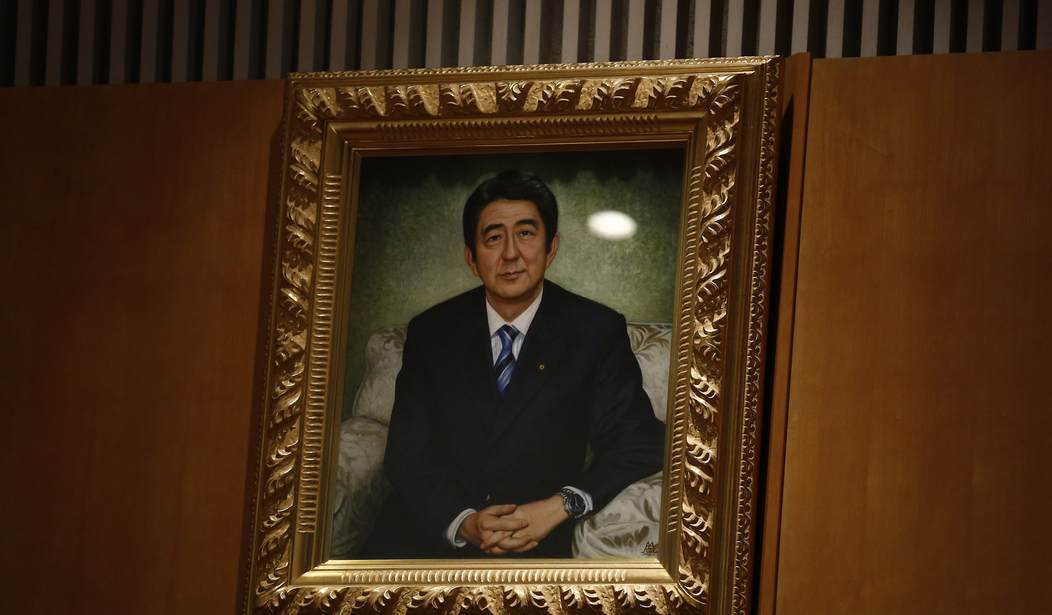In Japanese culture, from the time of the samurai through World War II and beyond, when a warrior faced defeat or shame, he would commit suicide by cutting himself with a sword or knife, an act known as seppuku or harakiri. It was a highly ritualized act that carried the intention of restoring honor to the person’s family.
Fortunately, the Japanese don’t have to resort to the act of seppuku to restore honor, but in the case of Itaru Nakamura, maintaining honor meant resigning from his job as the chief of Japan’s National Police Agency.
The New York Post reports that Nakamura announced his resignation at the same time that the agency released its report on what happened on July 8 when an assassin shot and killed former prime minister Shinzo Abe with a homemade shotgun as he was giving a speech.
“The police report found holes in Abe’s police protection that allowed the alleged attacker to shoot him from behind,” reports the Post. Nakamura took personal responsibility for those lapses in security.
“In order to fundamentally reexamine guarding and never to let this happen, we need to have a new system,” Nakamura said at a press conference.
Nakamura has not said when his resignation will take effect, but most experts believe that the Japanese cabinet will accept his resignation when it meets on Friday.
Nara Prefectural Police Chief Tomoaki Onizuka expressed his own regret over the assassination as well, telling reporters last month that the death of Abe “was the height of the guilt and regret I’ve felt in my 27 years in law enforcement.” Onizuka later expressed his intention to resign as well.
Related: Police Chief Expresses ‘Guilt and Regret’ for Abe Assassination
Abe was Japan’s longest-serving prime minister and a fervent center-right leader. He was a nationalist and anti-Communist who had cultivated a strong relationship with the U.S., particularly under Donald Trump’s leadership.
The former prime minister resigned in 2020 citing his health, but there were rumors that he was considering running for office again. Abe’s influence on Japanese politics loomed so large that he earned the nickname “the shadow shogun.” His pro-Western stance as well as his attitude that other nations should forgive Japan for its role in World War II have put a strain on the island nation’s relationships with China and South Korea.
The alleged shooter, 41-year-old Tetsuya Yamagami, is undergoing psychiatric treatment through November, after which he will face charges. Yamagami told police that he didn’t have any beef with Abe politically, but he targeted the former prime minister because he believed Abe had ties to the Unification Church.
Abe had expressed support for the controversial religious organization founded by the late Rev. Sun Myung Moon. Moon maintained relationships with conservative movements throughout the world, including in Japan and the U.S. Abe recorded a video message in 2021 to a group that was reportedly affiliated with the Unification Church, and that’s what authorities believe set Yamagami off.
“The suspect reportedly was upset because his mother’s massive donations to the church bankrupted the family,” reports the Associated Press.










Join the conversation as a VIP Member